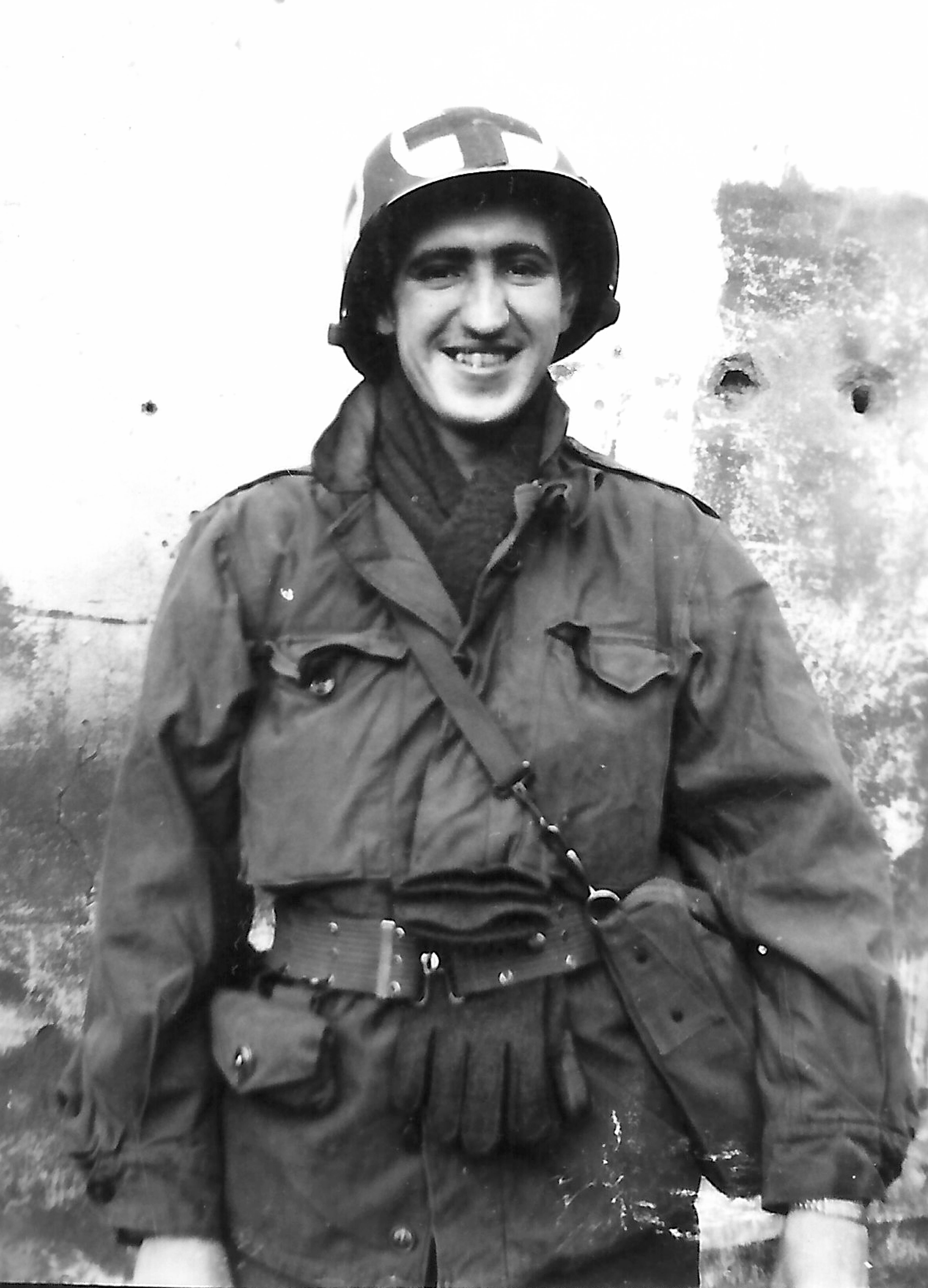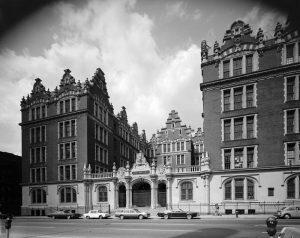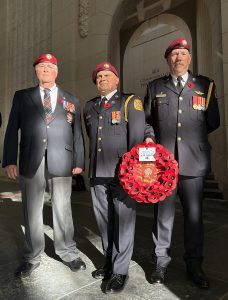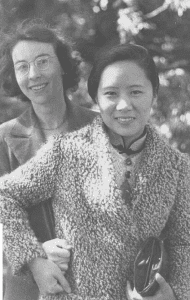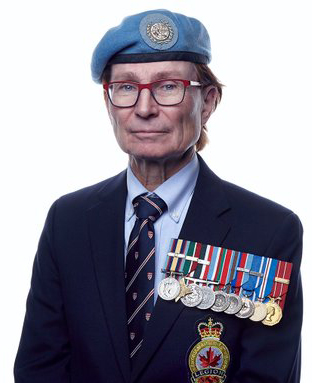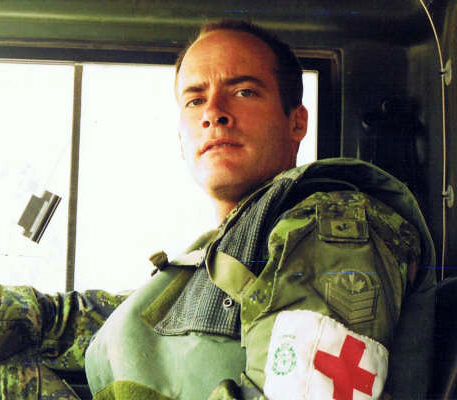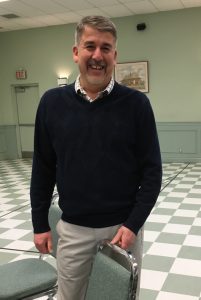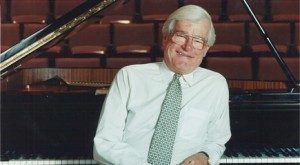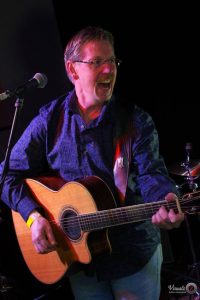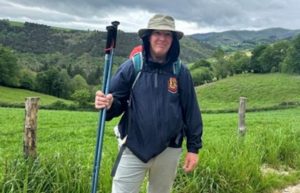
Last Saturday afternoon, friend and Royal Canadian Legion Veterans Service Officer Carol Pearcey got a call from a fellow Legionnaire from southwestern Ontario. She hadn’t met the caller, Ken MacKay, but she sensed he needed help. MacKay was 22 days into a solo walkathon to Parliament Hill for fellow veterans.
But (you’ll remember weather turned cold and rainy Saturday afternoon) and MacKay asked for a lift over the last few kilometres to the local Legion for a planned reception. Pearcey obliged and MacKay made it to the Franklin Street branch safe and dry.
“Carol was my guardian angel,” he said. “I’m very grateful.” (more…)
